Can Dogs Eat Nutritional Yeast, a popular food supplement for humans, has gained attention among pet owners as well. Its rich nutrient profile and savoury taste make it an appealing addition to various dishes. But can dogs eat nutritional yeast safely? Let’s explore what you need to know about feeding nutritional yeast to your furry friend.
Table of Contents
Understanding Can Dogs Eat Nutritional Yeast

Nutritional yeast is a type of yeast, often Saccharomyces cerevisiae, which is cultured on sugar cane or molasses. It’s then harvested, washed, and dried to create a flaky or powdery substance. Unlike active yeast used in baking, nutritional yeast is deactivated, meaning it won’t cause dough to rise.
Nutrient Composition:
Can Dogs Eat Nutritional Yeast: What You Need to Know
Nutritional yeast is prized for its impressive nutrient content. It’s a rich source of B vitamins, including B1 (thiamine), B2 (riboflavin), B3 (niacin), B6 (pyridoxine), and B12 (cobalamin). Additionally, it contains protein, fiber, and various minerals such as zinc, selenium, and iron.
Is Nutritional Yeast Safe for Dogs?
In general, nutritional yeast is considered safe for dogs when given in moderation. Many pet owners add small amounts of nutritional yeast to their dog’s meals as a flavor enhancer and nutritional supplement. However, it’s essential to introduce it gradually and monitor your dog for any adverse reactions.
Health Benefits for Dogs:
Can Dogs Eat Nutritional Yeast
When used appropriately, nutritional yeast can offer several potential health benefits for dogs:
- Supports Immune Function: The B vitamins and minerals in nutritional yeast support immune function, helping to keep your dog healthy and resilient against infections.
- Promotes Healthy Skin and Coat: Nutritional yeast contains nutrients like biotin and zinc, which are essential for maintaining healthy skin and a shiny coat in dogs.
- Aids Digestion: The fiber content in nutritional yeast can aid in digestion and promote gastrointestinal health in dogs, particularly those prone to digestive issues.
- Provides Essential Nutrients: Nutritional yeast is a concentrated source of nutrients that may be lacking in commercial dog foods, making it a valuable dietary addition for some dogs.
Precautions Can Dogs Eat Nutritional Yeast

While nutritional yeast can be beneficial for dogs, there are a few precautions to keep in mind:
- Moderation: Like any new food or supplement, nutritional yeast should be introduced gradually and given in moderation. Too much at once could upset your dog’s stomach.
- Potential Allergies: Some dogs may be allergic or sensitive to yeast, so monitor your dog closely for signs of adverse reactions after introducing nutritional yeast to their diet.
- Quality: Ensure you’re using nutritional yeast intended for human consumption, without any added ingredients that may be harmful to dogs.
- Consult Your Vet: Before adding nutritional yeast or any new supplement to your dog’s diet, consult with your veterinarian, especially if your dog has underlying health conditions or dietary restrictions.
Conclusion:
In conclusion, nutritional yeast can be a safe and nutritious addition to your dog’s diet when used appropriately. It offers a range of potential health benefits, from supporting immune function to promoting healthy skin and coat. However, it’s crucial to introduce it gradually, monitor your dog for any adverse reactions, and consult with your vet if you have any concerns. With proper care and moderation, nutritional yeast can be a tasty and beneficial supplement for your canine companion.
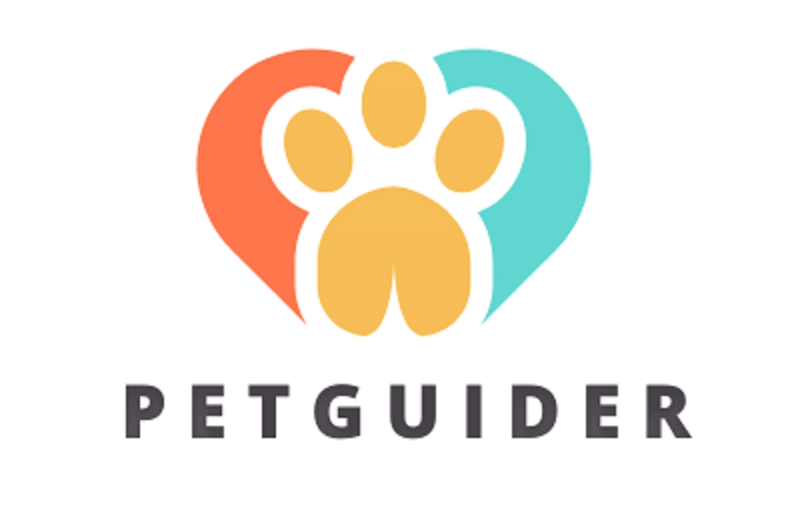

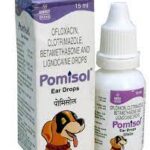


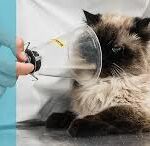









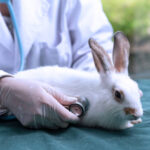












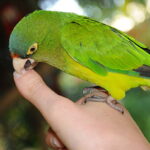

















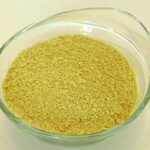









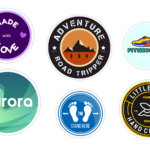



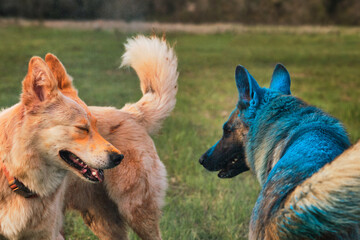

This webpage is outstanding. The site owner’s passion is evident in the excellent content. I’m in awe and anticipate reading more amazing pieces like this one.